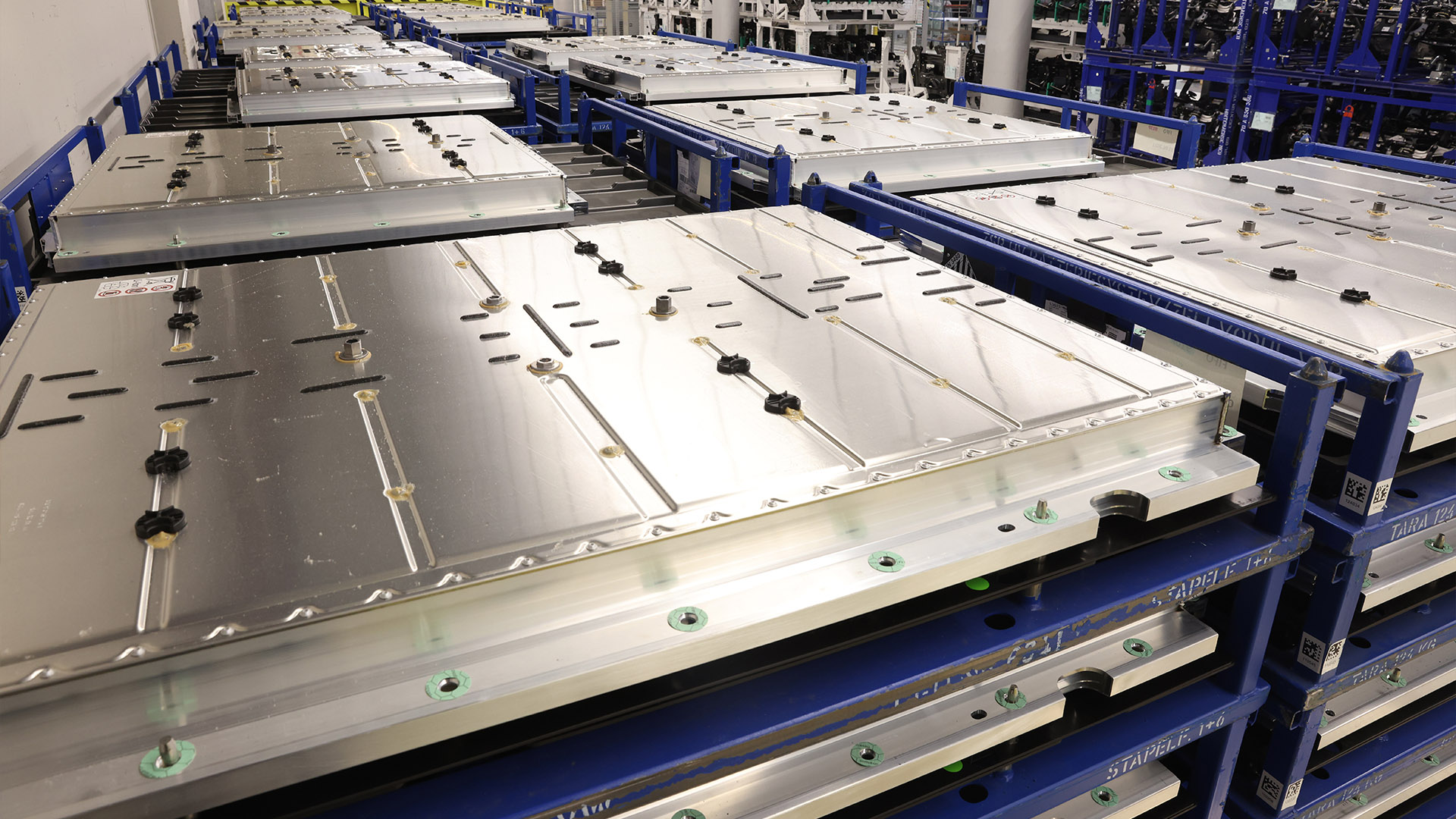

Electric car adoption is growing at an unprecedented rate. Consumers in the U.S. have warmed up to the idea of battery-powered vehicles, enough that the government has stepped in to foster adoption by tightening up emission laws and proving tax breaks to persuade new car buyers to make the jump. Now, automakers across the globe with a stake in the U.S. market are scrambling to build stateside battery plants.
The timing of many announcements coincides with the passage of the Inflation Reduction Act, though the factory placements were likely planned long before the Act was signed into law. The Act includes changes to the EV tax credit which requires North American production of vehicles and specific country of origin requirements of battery materials and processing.

The most recent announcement comes from Toyota, which pledged an additional investment of $2.5 billion into its planned battery plant in North Carolina on Wednesday. The Toyota Battery Manufacturing North Carolina was originally announced in 2021 with a go-live date in 2025. At that time, Toyota pledged $1.29 billion with enough capacity for 800,000 vehicles annually and 1,750 jobs. Toyota now says that its $3.8 billion total investment will employ an additional 350 workers, but doesn’t note how much it anticipates production capacity to increase.
Toyota’s announcement is just the tip of the iceberg. It follows a flurry of automakers and battery suppliers that have announced their intention to build battery factories on U.S. soil in recent months, including Honda, LG, Panasonic, and more.
Earlier this week, Honda announced a joint venture with South Korean electronics conglomerate LG to build a $4.4 billion battery factory in the U.S. While the location is still undecided, Honda says that it plans for this facility to go online in 2025 and supply batteries for both its Honda and Acura brands. CATL, a Chinese company that is the largest EV battery manufacturer by volume, also announced a new battery production facility this month, however, it won’t be built in the U.S. Instead, CATL’s new $7.4 billion facility will be built in Hungary, and is expected to supply automakers like BMW, Mercedes-Benz, Stellantis, and Volkswagen.
Panasonic said in July that it plans to build a new $4 billion plant in Kansas. The plant is expected to supply additional high-capacity 4680 cells for Tesla’s newest Gigafactory in Austin, Texas. Panasonic is reportedly considering another plant in Oklahoma, according to a recent report from The Wall Street Journal. And on the hydrogen fuel cell front, Bosch announced on Wednesday its intent to invest $200 million in a fuel cell production line in South Carolina.
The government of South Korea recently spoke out against the EV tax credit changes, which is to be expected given the number of Korean companies involved in the EV trade in the U.S. Reportedly, Hyundai, LG, Samsung, and SK were among the companies that met with the South Korean Ministry of Trade, Industry and Energy to protest the changes, however, each of these companies already have plans to build U.S. facilities, though many not opening until later dates. Samsung and Stellantis announced a $2.5 billion joint partnership in May that will result in a plant being built in Indiana. In 2021, Ford announced that it had partnered with SK for its plants in Tennessee and Kentucky. Hyundai also announced that it had entered into a strategic partnership to build a $5.5 billion battery plant in Georgia earlier this year.
While automakers have likely been planning domestic battery plants for some time, the passage of the Inflation Reduction Act completely reforms the EV tax credit and significantly changes the criteria for eligible vehicles. Automakers are now scrambling to get as much of the metaphorical cash pie as they can before it dries up in 2032, and a significant way that many will accomplish that goal is with U.S.-based production plants.
Got a tip or question for the author? Contact them directly: rob@thedrive.com